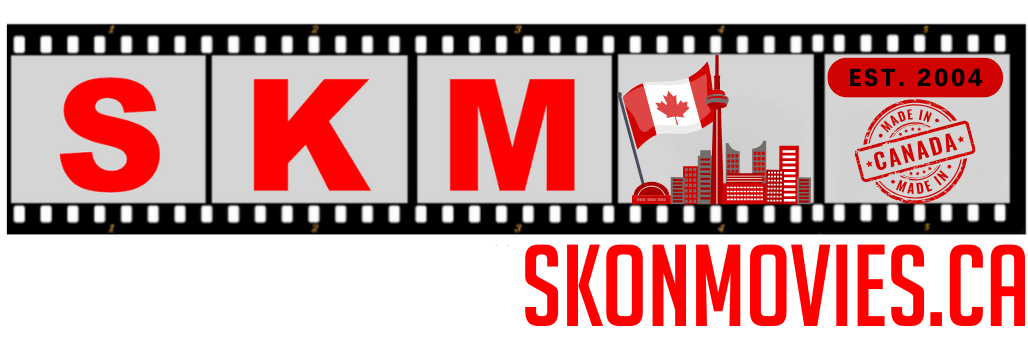Peter Jackson restores the 1969 documentary footage of The Beatles recording their album “Let It Be” in The Beatles: Get Back. In January 1969, The Beatles began work on an …
The Beatles
Ron Howard directs this look back at the peak of Beatlemania in The Beatles: Eight Days a Week – The Touring Years. Following the release of their debut album “Please …


